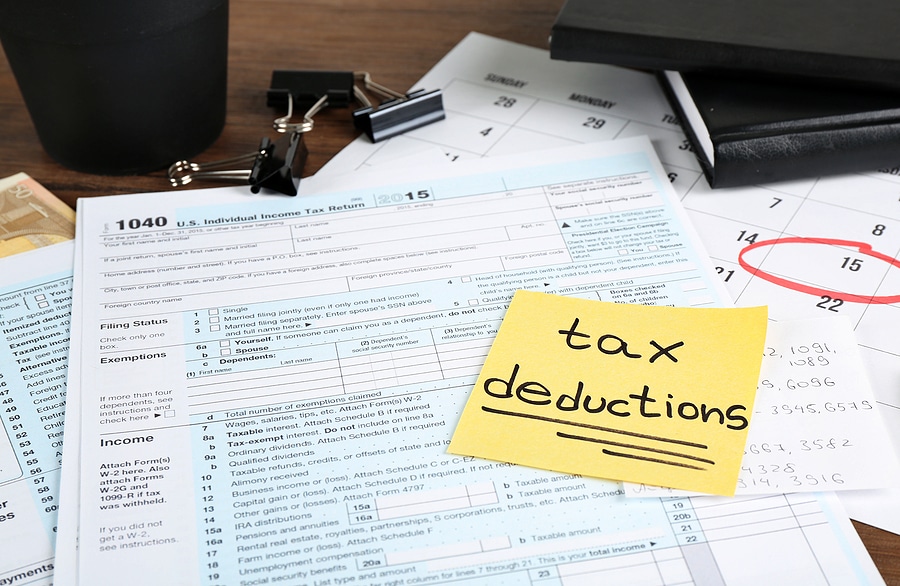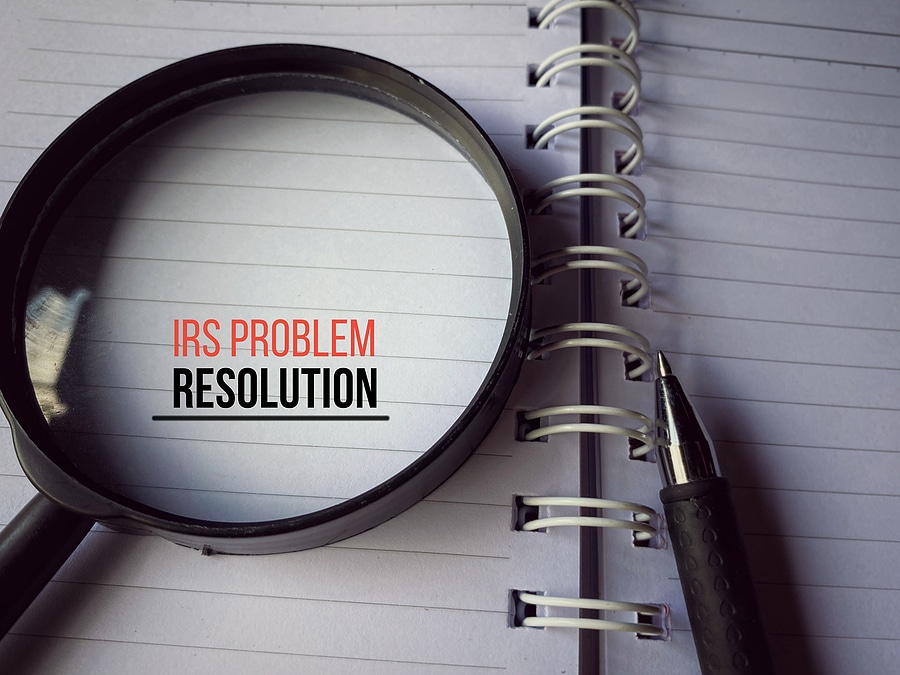5 IRS Notices You Need to Know About
Have you ever had a heart-stopping moment when you saw “IRS” on an envelope in your mailbox? You’re not alone. At Edgewater CPA Group, we understand how intimidating it can feel to receive an unexpected notice from the Internal Revenue Service. But fear not! This guide is here to demystify the five IRS notices you need to know about as a small business owner. We aim to help you keep calm, informed, and prepared for any tax-related surprises that might come your way.










